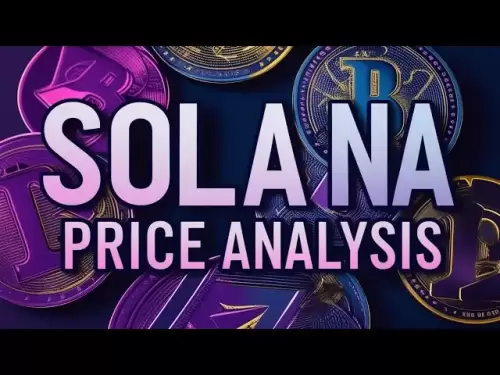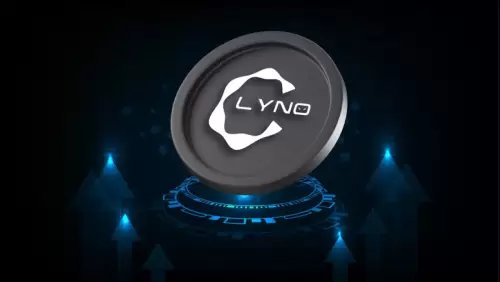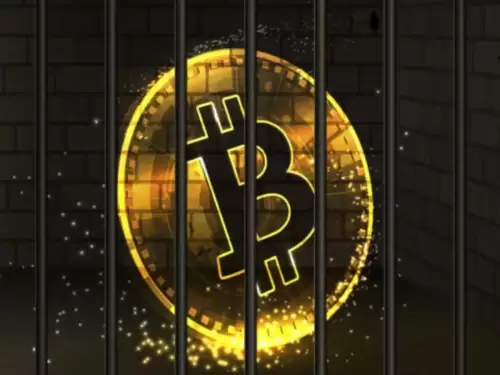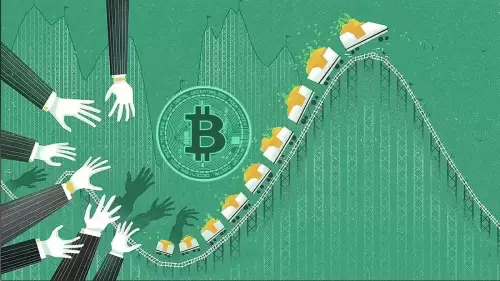Ripple's pursuit of a national banking license signifies a pivotal moment for crypto firms aiming to bridge digital assets with traditional finance. What does this mean for the future?

Ripple's Banking Ambitions: A Deep Dive into Crypto Companies and Licensing
Ripple's making waves, and it's not just from the XRP price fluctuations! The company's officially applied for a national banking license in the U.S., a move that highlights the growing trend of crypto companies seeking legitimacy and integration with traditional finance. This could be a game-changer, so let's break it down.
Ripple's Banking License Application: A Key Move
Ripple has applied for a national banking license from the U.S. Office of the Comptroller of the Currency (OCC). This isn't just a minor step; it's a bold leap towards operating more like a traditional bank. Imagine Ripple being able to hold its stablecoin reserves, specifically Ripple USD (RLUSD), right on its balance sheet under federal regulation.
What a Banking License Means for Ripple
Securing a national bank charter would allow Ripple to expand its crypto services across state lines and foster institutional trust. Complying with both state and federal regulations could set a new standard for transparency and compliance in the stablecoin market. Brad Garlinghouse, Ripple’s CEO, emphasizes the company's commitment to compliance, viewing this dual oversight as a benchmark for trust.
The Bigger Picture: Crypto Companies and Banking Licenses
Ripple isn't alone in this pursuit. Other crypto heavyweights like Circle, Coinbase, and Paxos have also explored similar applications. This reflects a broader trend of cryptocurrency companies aiming to merge digital assets with the established world of traditional finance. The evolving regulatory frameworks in the U.S. are pushing these companies to seek greater legitimacy and stability.
The Challenges Ahead
While the prospect of a banking license is enticing, the path isn't easy. Currently, Anchorage Digital is the only crypto firm to have successfully obtained a federal bank charter. This highlights the complexity and rigor involved in navigating this regulatory landscape. Ripple will need to demonstrate its commitment to compliance and meet stringent requirements to achieve its goal.
XRP and Market Dynamics
Of course, we can't ignore XRP. Recently, Ripple unlocked 500 million XRP from its escrow system. While this is a significant amount, it's less than the 1 billion XRP releases seen in previous months. The redistribution of these tokens and the subsequent relocking of 400 million XRP back into escrow demonstrate Ripple's continued control over its circulating supply. The XRP price saw some volatility, briefly dipping before showing signs of recovery. Analysts are even speculating on future price targets, with some predicting a rise to $6.50 or even $8.
My Take: A Step Towards Legitimacy
Ripple's move towards securing a banking license is a significant step for the entire crypto industry. It signifies a desire for legitimacy and integration with traditional financial systems. While challenges remain, this pursuit could pave the way for greater trust and acceptance of digital assets in the mainstream. The dual state and federal oversight could create a safer environment for investors and users alike. Also, consider the possibilities, more financial instruments built on the XRP ledger.
Final Thoughts
So, what does all this mean? Well, it looks like Ripple's not just playing the crypto game; they're trying to change the rules. Whether they succeed in getting that banking license remains to be seen, but one thing's for sure: it's going to be an interesting ride! Buckle up, crypto enthusiasts; the future of finance is unfolding before our very eyes!













































































